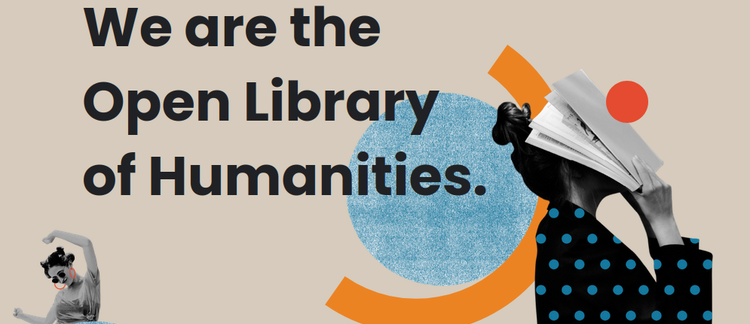Unlocking Access to Scholarly Research
Posted by Martin Paul Eve on 14 January 2013



Research that is funded by universities and other public bodies, or those committed to the production of knowledge and the advancement of society, should be available to read. There is currently, however, a massive inequality between groups who have access to this research. We propose that research in the humanities should be open and free to read and re-use, provided that authors are cited.
Although, as the project progresses, the advisory committees themselves will decide on specific licensing, it seems that a Creative Commons Attribution License (CC-BY) could provide the best solution here. Indeed, this license is a clear step towards ensuring that society receives the maximum benefit from scholarly work, not only in terms of access, but in the ability to re-use material. There have been, however, several vocal, but (we believe) misplaced, criticisms of this put forward by both the Institute of Historical Research (Institute of Historical Research) and by several academics in the London Review of Books (Jones et al.).
One of the criticisms of CC-BY, that it will enable “plagiarism”, is wholly untrue and betrays a fundamental misunderstanding of various terms. Plagiarism is something that can still be enforced because this is an academic, not a legal, term. If an academic’s work is falsely appropriated without credit, institutional sanctions will still be applied, even if re-use is permitted by the license. We know how to “attribute” in the academy; it’s called citation and we do it already.
Concerns about commercial re-use are also misplaced. If publicly funded academic work is commercially re-used, with credit given, the academics themselves have lost nothing; it’s not as though the publishers paid for the work in the first place. Instead, society has gained by the use of publically funded (or institutionally supported) material. We could also have good faith that people will cite properly, even in the commercial field, or that the CC license will be upheld in law to a satisfactory degree. After all, this has worked for CopyLeft licenses in various jurisdictions, such as the GPL.
It is also worth saying that the bounds of CC-BY-NC (Non-Commercial) licenses that could form an alternative are unclear. Universities are considered commercial entities. Publishers likewise. This will mean that, were this proposed as an alternative to the more permissive license, these entities cannot fully reuse this material. The boundary of “commercial” use is not delineated as clearly as might be thought and is extremely problematic for the modern university.
If we are to truly unlock the potential impact of important work in humanities, coming to some understanding of re-use will be crucial. While this will be for the committees to hash out, and is in flux, unlocking access to scholarly research remains one of the core principles of the OLH.
Image by MridulRaj under a CC-BY-NC license.

